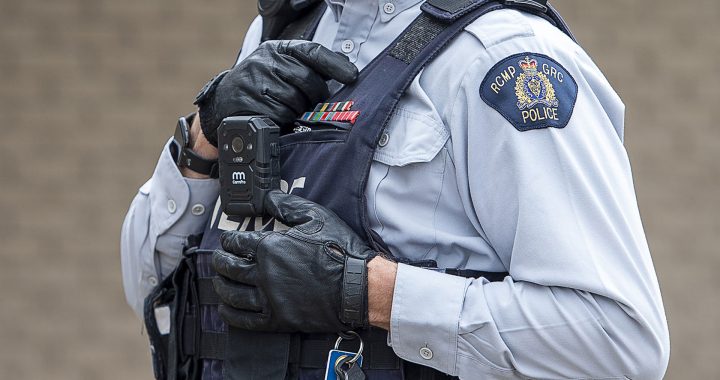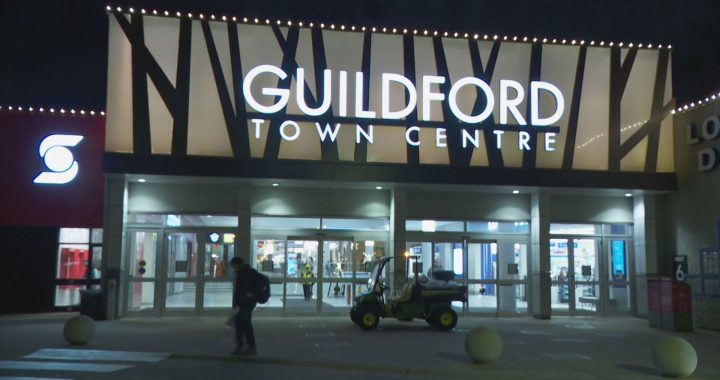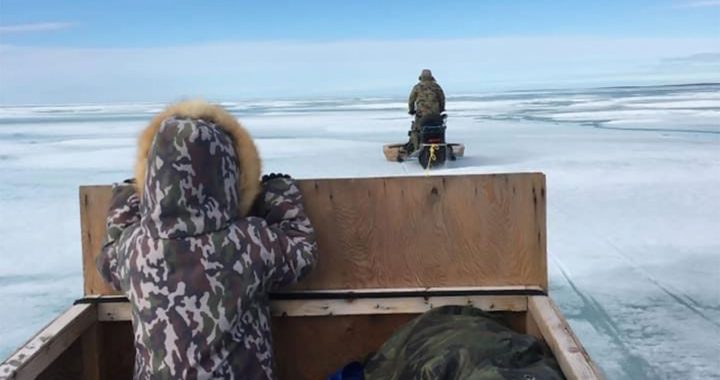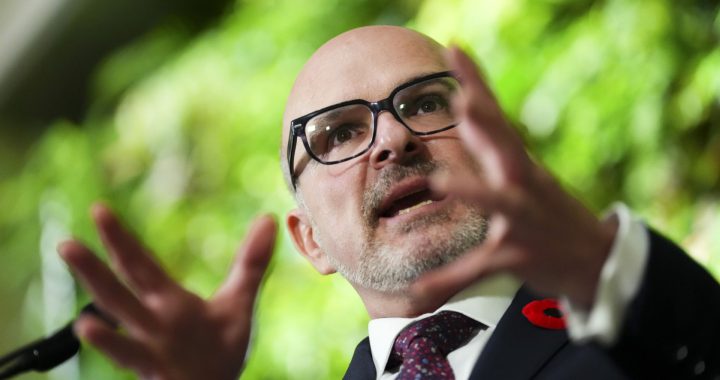A First Nation in Yukon is calling on the territorial government to help it protect dwindling dall sheep populations by enforcing emergency closures in areas with low numbers.
Bob Dickson, chief of the Kluane First Nation (KFN) in Burwash Landing, around 275 kilometers northwest of Whitehorse, said dall sheep are culturally significant to First Nations people in the region, serving as food, clothing and other necessities for millennia.
“Sheep are important to our people, we have a huge connection with the sheep in this area,” Dickson told APTN News. “My grandfathers, my parents, all my uncles and aunts are all hunters. The life we come from is hunting.”
Dall sheep are the only wild white sheep in the world and can be found throughout the territory. Yukon has more wild sheep than any other region of Canada with a population of around 22,000.
A 2023 government sheep survey in select areas of the Kluane region showed sheep populations ranging from 30 to 675. However, government officials said those numbers don’t provide an accurate picture of the total number of sheep in the region.
That same survey shows in some sheep management units in the Kluane region, populations have declined by 49 to 63 per cent compared to previous surveys from 2011 to 2016.
Researchers believe environmental factors such as deep snowpacks and late springs are impacting the sheep’s survival.
Dickson said he’s not surprised sheep are falling prey to changes in climate. In recent years, he’s noticed deeper snowfalls, as well as erratic rainfall and temperature changes.
He said climate factors are why it’s now more important than ever to protect the sheep. He said while few citizens hunt dall sheep, KFN asks they limit their harvests and refrain from hunting in areas with low numbers.
“I think there’s a huge change in climate that we’re just starting to experience in the last couple of years,” he said. “We can’t really control much of the climate. But we can certainly do our best, right?”
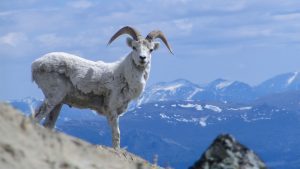
‘We have to speak for the sheep’
KFN co-manages dall sheep in the Kluane region along with Yukon government, neighboring First Nations and other partners.
The First Nation is asking the government for “emergency closures” of certain areas to hunters where it suspects populations are low.
Dickson would like the closures to be done in partnership with local outfitters.
“We’re not taking away their business,” he said. “We’re trying to manage it so if this number is low, then focus somewhere else or let them rest, right? So far, (the outfitters) seem to understand the problem because sheep is good for them too.”
Dickson said negotiations for closures are currently underway.
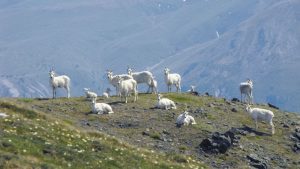
This is the second year in a row KFN has asked for emergency closures. Dickson said neither KFN nor the government could reach a solution to closures last year.
“This is what co-management is all about, is supposed to be about. It’s not about Yukon territorial government saying ‘this is what we’re gonna do.’ That’s what they did last year, and we’re not happy with that,” he said.
“I guess we feel it needs to be taken more seriously than it has, and we think when we say that there needs to be something done about it, we expect the government to take it seriously and react in a timely matter.”
Dickson is hopeful this year will be a different story.
“We have to speak for the sheep, the sheep are telling us, they’re in decline,” he said. “People want to hunt in the future but there has to be sheep on the mountain. If we don’t take care of them there’s not going to be sheep on the mountain.”
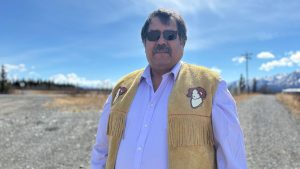
No consensus
Yukon’s department of environment declined an interview with APTN, stating work surrounding sheep management is “ongoing.”
Spokesperson Kyle Nightingale said department officials held a workshop with wildlife co-management partners in March to discuss conservation methods and management tools regarding sheep populations.
“Co-management partners and stakeholders generally agree that sheep populations in southwest Yukon are in decline; however, there is no consensus on what conservation methods and management tools should be used,” he wrote.
He noted the department is currently working on a memorandum of understanding “to express consensus on conservation status and management options for these sheep populations.”
“Moving forward, the Government of Yukon is considering management options for sheep in the area with the feedback we’ve received from wildlife co-managers, and we will provide more information ahead of the start of hunting season,” he said.
Dickson is hopeful KFN can work together with the government so sheep populations can rebound.
“We’re still negotiating, we’re still talking to everyone. That’s where we’re hoping they’re gonna go,” he said. “We just have to keep trying to do our best to help the sheep population rebuild.
“It’s going to be sad if we lose the sheep on the mountains.”





